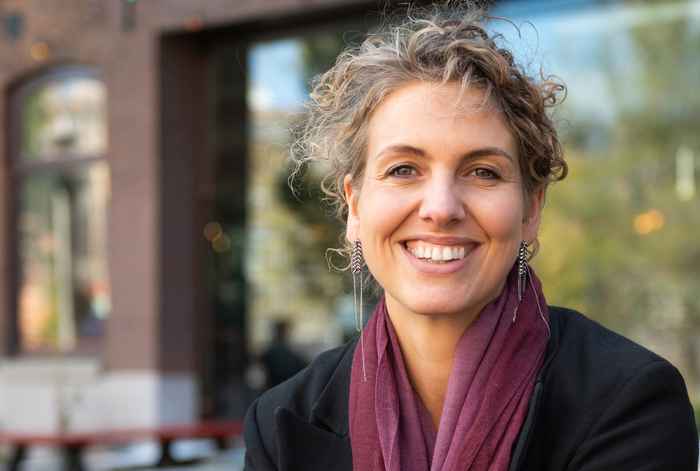LCHL's Anniek de Ruijter appointed professor of Health Law and Policy
14 oktober 2022

‘Disease and death are part of life, and no one has a right to eternal health’, says De Ruijter. Still, we want to do everything we can to ensure that we protect and promote health, both for individuals, and for the population as a whole.’ But at what cost? And how does this relate to other priorities, such as self-determination and freedom, the protection of the rule of law, or the right to education. ‘During the outbreak of corona, you could clearly see these dilemma’s play out: on the one hand, the government wants to do everything it can to prevent the spread of the virus, but on the other hand, they cannot just close the schools indefinitely.’
In addition to these questions, the actual effect of law and policy on people's health is also central to De Ruijter’s research. ‘In the process of health legislation there is often the presumption that these rules will promote health, but how do we actually ascertain this?’ This requires groundbreaking interdisciplinary research and new research frameworks that include law and policy as a social determinant.
Will anything actually change now that De Ruijter is no longer an associate professor but a full professor? ‘My role is going to look a little different,’ she replies. ‘Over a year ago I founded the Law Center for Health and Life. I now see an expanding role for myself in also facilitating the research of others.’
De Ruijter’s ambition with this Center is to gain understanding of social issues in health and regulation. The impact of technology, Europeanization and globalization, and the interaction of health with the living environment are direct examples. She hopes that this will further enrich the Master's degree at the Amsterdam Law School in Health Law.